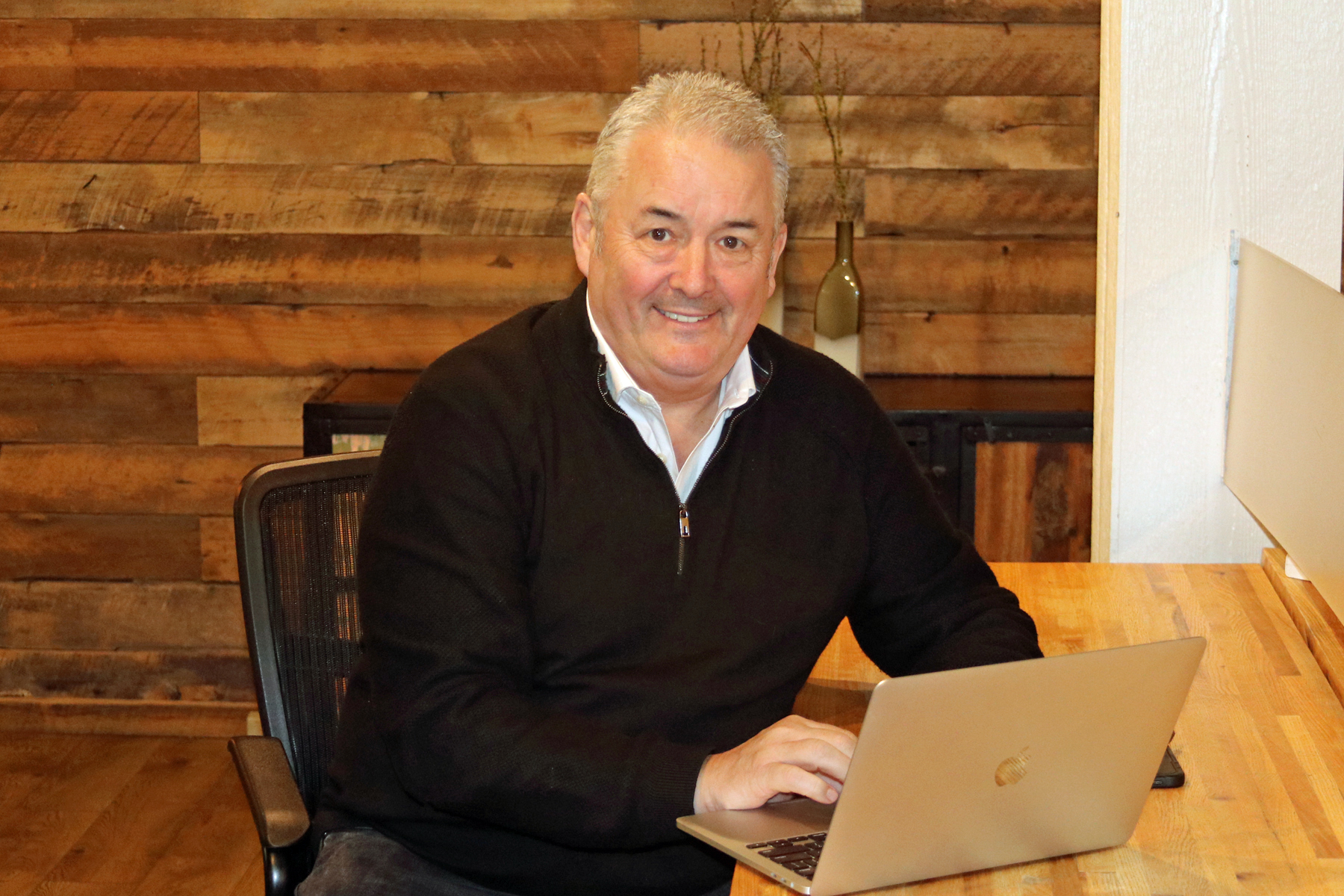
Influential Apple writer John Gruber recently stated in a podcast that “the single biggest problem that Apple faces, and almost nobody is talking about,” is the threat of Apple losing its really talented employees. The concern is not about employees leaving to go work for competitors, but more about them leaving and coming up with interesting things that could have been great at Apple. Originally, Steve Jobs believed “the opportunity to work at the company and on its popular products compelled people to stay”, but this simply is no longer the case. For example,
The team that made the first iPhone have been at it for quite a while. And they’ve sort of already done their major life’s work on that, no matter how impressive iOS7 is going to be, it’s not going to be the first iPhone, so I think people are going to start looking for other opportunities, other things to do, other interests that they have.”
After reading Jay Yarrow’s article, “The Single Biggest Problem That Apple Faces, And Almost Nobody Is Talking About It”, we could not help but think about how it applies to all of our clients – and frankly us. Apple has achieved more than even the most ardent of the Apple faithful. They not only clawed their way to the top of the technology industry, but also became the most successful company in the world. Yarrow shares John Gruber’s views that the biggest challenge Apple faces right now is not competition, but talent. This is a scary proposition for companies because it means that the people puzzle is never quite solved — not even for Apple. So what can the rest of the business world learn from this? We have to grasp that there is never an end to attracting, retaining, rewarding, and most importantly challenging great talent. HR is a journey with no end. Our teams are as dynamic as the landscape around us.
The most interesting part of the article discusses that the team that made the first iPhone is now struggling with how to stay engaged after achieving what one could consider to be their life’s work. The people that comprised this magical team may seek new conquests elsewhere searching for another run at magic that they may never actually experience again. And frankly, that is OK. All of the greats ones move on at some point and this creates the space to bring in people with fresh ideas and perspectives. We often get calls from clients who are disappointed that they have lost key players. But this is a short-term obstacle to overcome. It rarely spells the end for the company and the infusion of fresh talent keeps them from being myopic. We need to not only embrace this rotation, but plan for it.
We would love your thoughts on this and what it means in terms of talent retention, succession planning, and the ability to not only stay relevant in your industry but how to thrive. Let’s face it, eagles fly. – Eric Pringle, CEO
© alphaspirit – Fotolia.com



